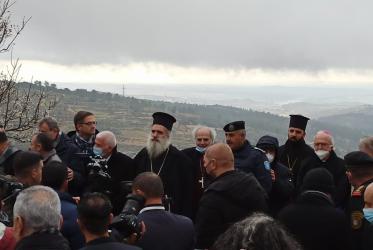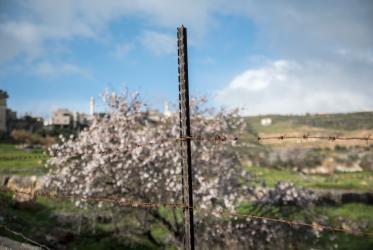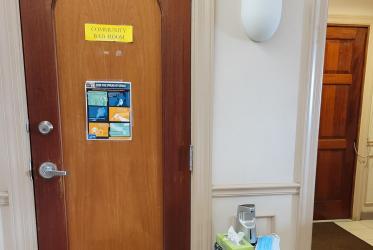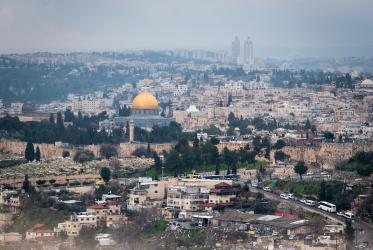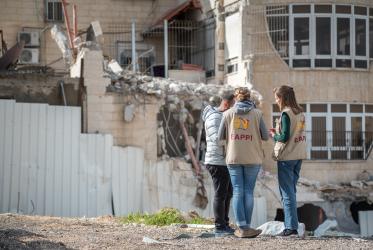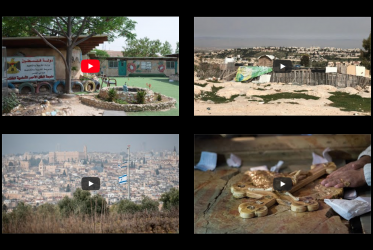Displaying 41 - 60 of 167
Planting trees and working for peace in Palestine
26 January 2022
“Bathroom ministry” for the homeless
14 December 2021
In East Jerusalem, “we will never give up our rights”
29 October 2021
Youth amplify #NoDAPL movement in Standing Rock
22 April 2021



